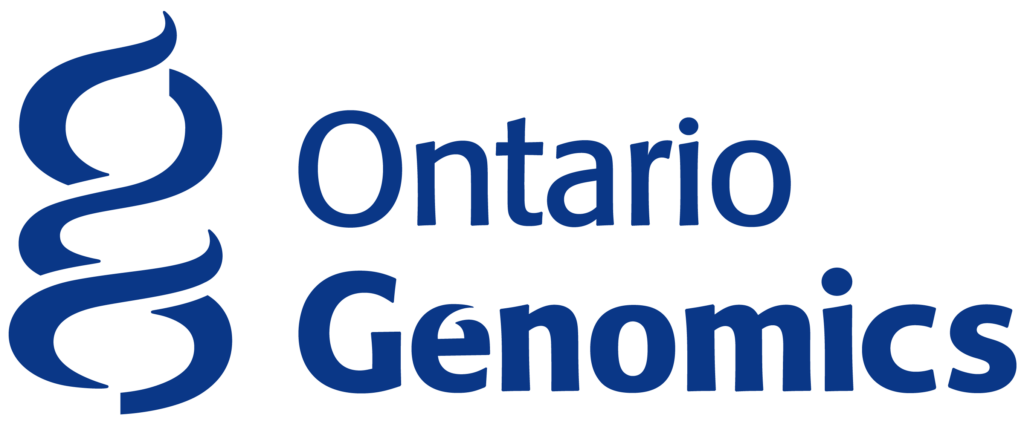High-throughput sequencing of RNA libraries (RNA-seq) has become increasingly common and has become the industry standard for transcriptome profiling. When processed appropriately, RNA-seq data has the potential to provide an exceptionally richview of the transcriptome. The CBW has developed a 3-day course providing an introduction to bulk RNA-seq data analysis followed by integrated tutorials demonstrating the use of popular RNA-seq analysis packages. The tutorials are designed as self-contained units that include example data (Illumina paired-end RNA-seq data) and detailed instructions for installation of all required bioinformatics tools (HISAT, StringTie, Kallisto, etc.).
Participants will gain practical experience and skills to be able to:
- Perform command-line Linux based analysis on the cloud (Amazon AWS)
- Perform basic bioinformatics tasks such as tool installation
- Understand reference genome and transcriptome annotations
- Assess quality of RNA-seq data and perform read trimming
- Align RNA-seq data to a reference genome
- Visualize RNA-seq alignments, splicing patterns and sequence variants
- Estimate known gene and transcript expression using multiple approaches
- Perform differential expression analysis
- Visualize and summarize the output of RNA-seq analyses in R
- Perform principal component analysis (PCA) and batch correction
- Perform pathway analysis
- Perform alignment free expression estimation and DE analysis
Graduates, postgraduates, and PIs working or about to embark on an analysis of RNA-seq data. Attendees may be familiar with some aspect of RNA-seq analysis (e.g. gene expression analysis) or have no direct experience.
Note that the focus of this course is on bulk RNA-seq analysis. However, the course will cover many fundamental concepts of transcriptomics and practical bioinformatics skills relevant to NGS analysis. This course is designed to pair well with the scRNA course that immediately follows it and students are highly encouraged to enroll in both.
Basic familiarity with Linux environment and S, R, or Matlab.
You will also require your own laptop computer. Minimum requirements: 1024×768 screen resolution, 1.5GHz CPU, 2GB RAM, 10GB free disk space, recent versions of Windows, Mac OS X or Linux (Most computers purchased in the past 3-4 years likely meet these requirements).
This workshop requires participants to complete pre-workshop tasks and readings.
Module 1 – Intro to RNAseq course/concepts
- Intro to RNA-seq
- FASTA, FASTQ, and GTF
- Indexing
Lab Practical
- Log into a cloud compute environment (AWS)
- Bioinformatic tool installation
- Reference genomes
- Reference annotations
- Indexing
- Obtain and explore raw RNA-seq data
- Perform and interpret data QC
Module 2 – RNA alignment concepts and file formats
- Alignment
- Alignment vs assembly vs k-mer approaches
- SAM, BAM and BED formats
- IGV tutorial
- Post-alignment QC
Lab Practical
- Adapter trimming
- Alignment
- IGV introduction
- RNA-seq alignment visualization with IGV
- Alignment QC
Module 3 – RNA Expression and Differential Expression
- Abundance estimation with StringTie
- Count based statistics with HTSeq
- Differential expression with Ballgown, EdgeR, DESeq2
Lab Practical
- Expression analysis
- Differential expression (DE) analysis
- DE visualization
- DE pathway analysis
Module 4 – Pathway analysis, batch correction and alignment free analysis
- Advanced topics
Lab Practical
- DE pathway analysis
- Principal component analysis (PCA) and batch correction
- Alignment free expression analysis with Kallisto and Sleuth
Duration: 3 days
Start: Jun 17, 2024
End: Jun 19, 2024
Status: Registration Closed
Workshop Ended

Canadian Bioinformatics Workshops promotes open access. Past workshop content is available under a Creative Commons License.
Posted on:
 Download the poster announcing this workshop
Download the poster announcing this workshop


